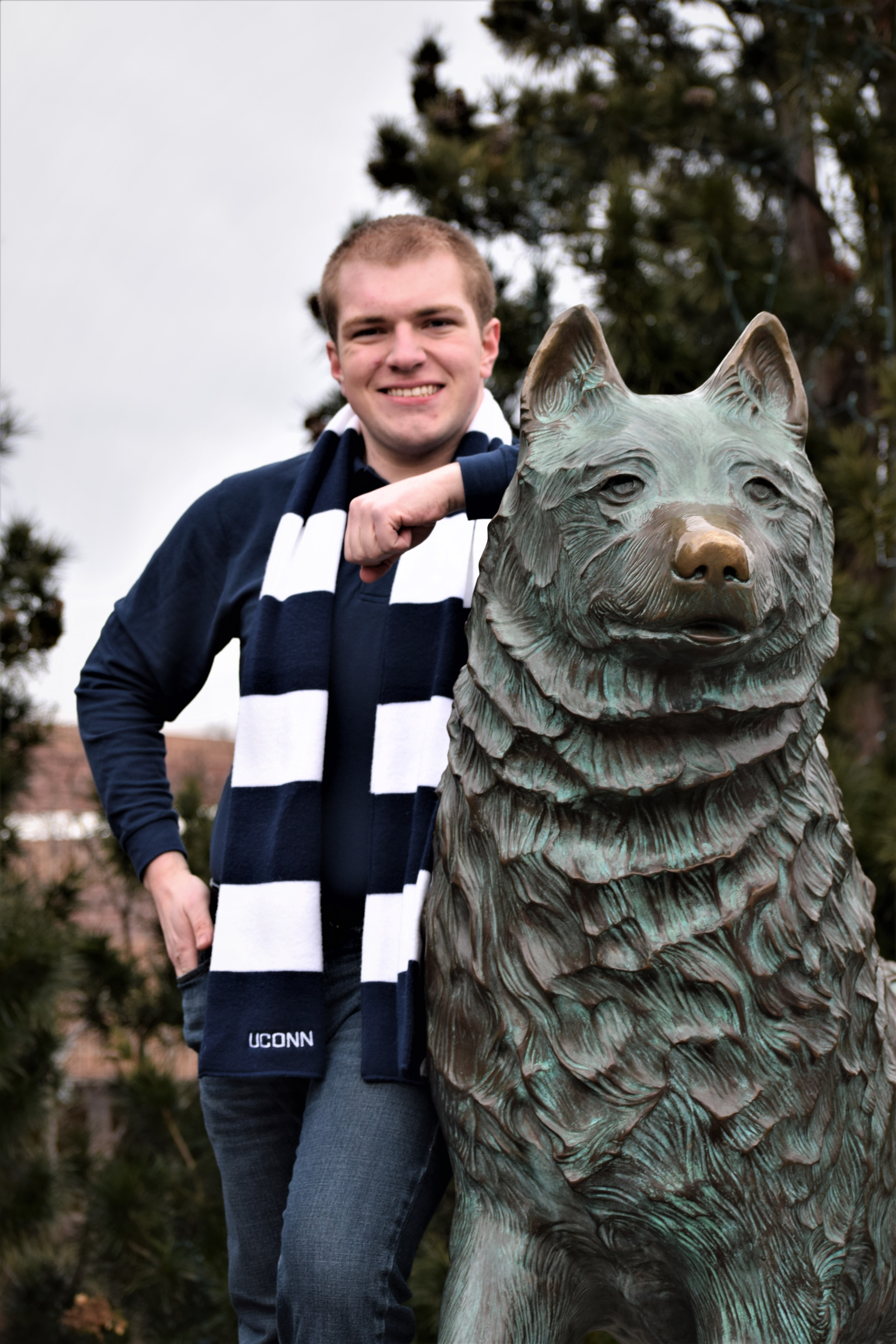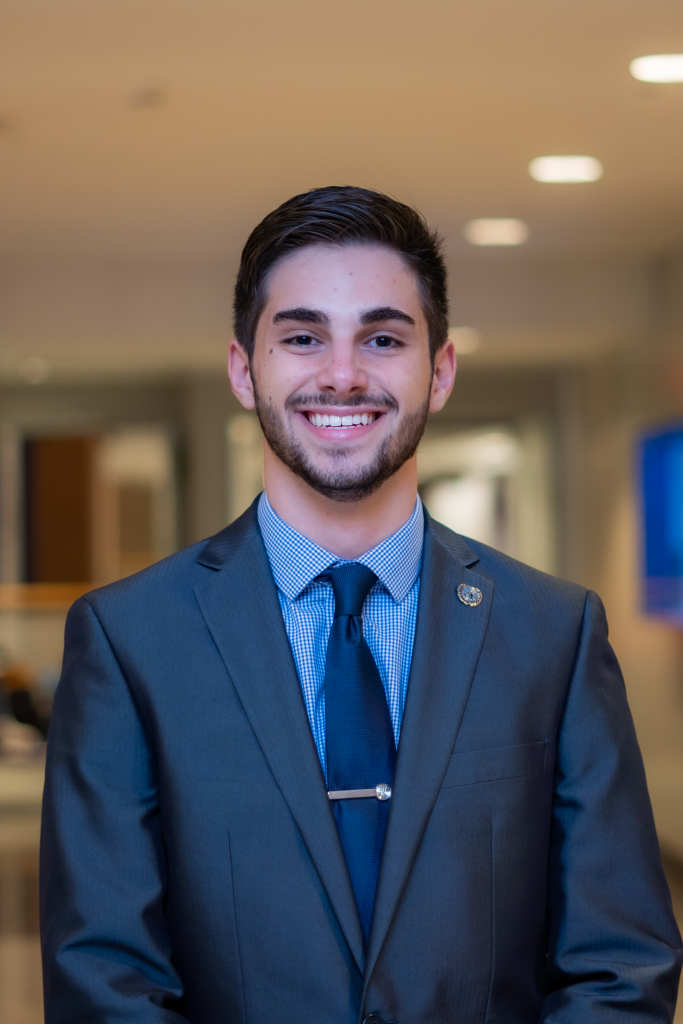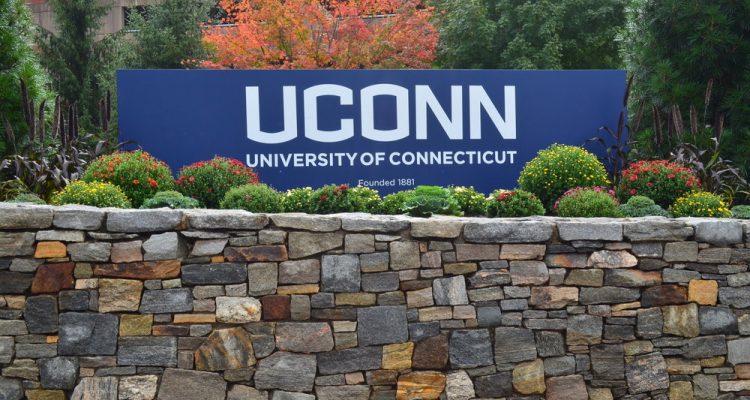Two University of Connecticut students are running to be elected as the new Undergraduate Trustee, a position that is part of the larger Board of Trustees. The group is comprised of 21 members: twelve are appointed by the governor; two by UConn alumni; five ex officio, or by virtue of position or status; two are elected by UConn students.
According to the UConn Foundation’s website, the board has jurisdiction over all of UConn, including its branches. It makes decisions that will impact the university as a whole, such as electing UConn’s president, adopting an annual financial plan, and enhancing student life. The Undergraduate Trustees act as a liaison between students and administration, and provide a voice for those on campus.
Prior to running for Undergraduate Trustee, junior accounting major Damon Reynolds served as the chair of USG’s External Affairs Committee, which is responsible for representing student opinions on issues outside of UConn. They build relationships with leaders from the Connecticut General Assembly and the Town of Mansfield as well as student governments from other universities.
“Basically, that experience, working with administrators, working with people at the table who might not see eye-to-eye and bringing people together, really made me think that I have the interest, but also the qualifications and the experience to kind of say ‘hey, I can jump into this role,’ can go around the table and make those connections and advocate for students.”

Serving on the External Affairs Committee for two years has inspired some of Reynolds’s goals for his campaign, particularly mental health advocacy and food insecurity, or the lack of financial and available resources to have a healthy and sustainable diet. The former is especially important to him: Reynolds is on the Mental Health Coalition and hopes to provide education training and resources to faculty, staff, and student leaders to help prepare others when it comes to dealing with mental health.
Reynolds is also working to promote diversity and multiculturalism on campus.
“One of the big things I want to do and we’ve heard from people from the cultural centers is that we have a retention issue with disadvantaged communities, so I want to help bridge that gap with the experience I have,” Reynolds said.
Although Reynolds has been part of USG since freshman year, he says it’s not about the length of his involvement that’s important.
“I like to tell people, it’s not the amount of time or the positions you have, but what you’ve done with these positions,” Reynolds said. “I’m running for the position not only for the experiences I have, but being able to talk to groups, seeing their ideas and highlighting what they want to see on campus is a really big thing I’m pushing for.”
Sophomore political science and communications major Ethan Werstler is also vying for Undergraduate Trustee. Like Reynolds, Werstler has also been involved in USG since his freshman year as the Deputy Speaker.
Werstler also works in the Women’s Center and is the co-facilitator for the Men’s Project, which works to examine masculine roles in feminism and how men can be allies to women and use their influence for good.
“I’ve always kept in mind a good balance between activism and representation,” Werstler said, “and sometimes, folks get very caught up in the protesting and less on the follow-through. Sometimes the worst leaders are folks that do it for the wrong reason, that lead for the wrong reason [. . .] I think my experience, my record of advocating for students at this university speaks for itself on that matter.”
Werstler wants to focus on the main barriers to education on campus: racism, sexism, access to mental health, and climate change to name a few.
“UConn often has the motivation to change, but there’s often financial boundaries in the way of that,” he said.

Sophomore political science and communications major Ethan Werstler (photo: Vote @ UConn)
One idea he has is to invest in electric buses for transportation, as well as putting more solar panels on campus. He also wants to combat food insecurity at UConn, particularly for commuters who don’t have meal plans.
As a fourth-generation UConn student, Werstler recognizes he has a legacy to live up to, and wants others to realize that as well.
“One thing I’ve generally subscribed to in terms of my leadership [. . .] is that you have to show up to the circles that you may not normally show up to if you’re trying to represent [them,]” Werstler said. “We’re all stakeholders in the future of UConn, and I think as stakeholders, we need to understand our student power and understand how far our voices really can sail and uplift one another.”


